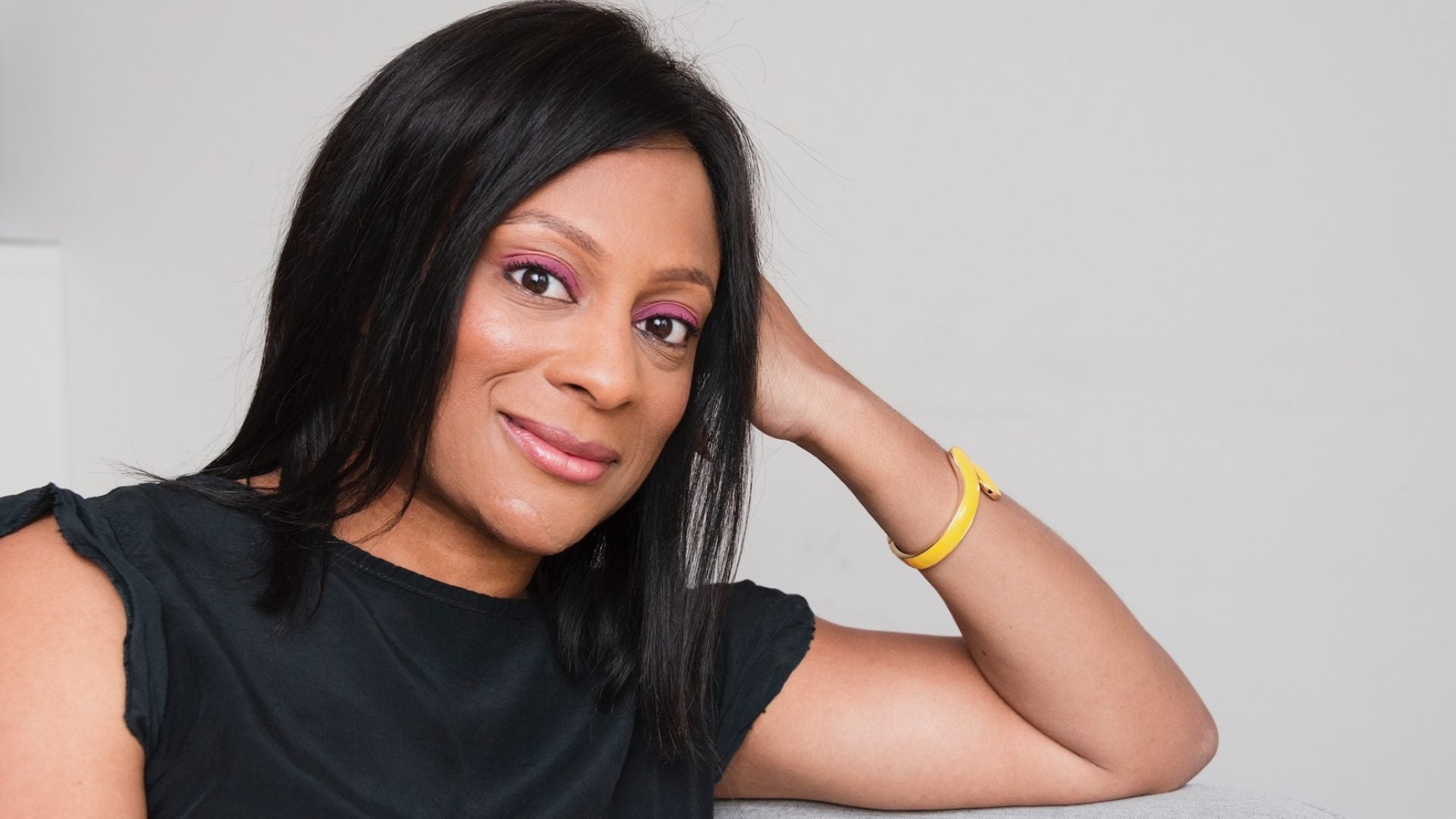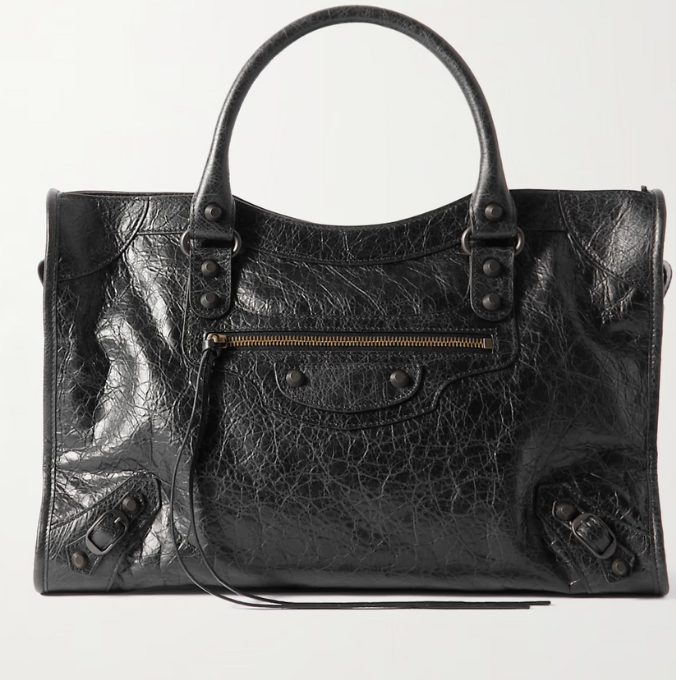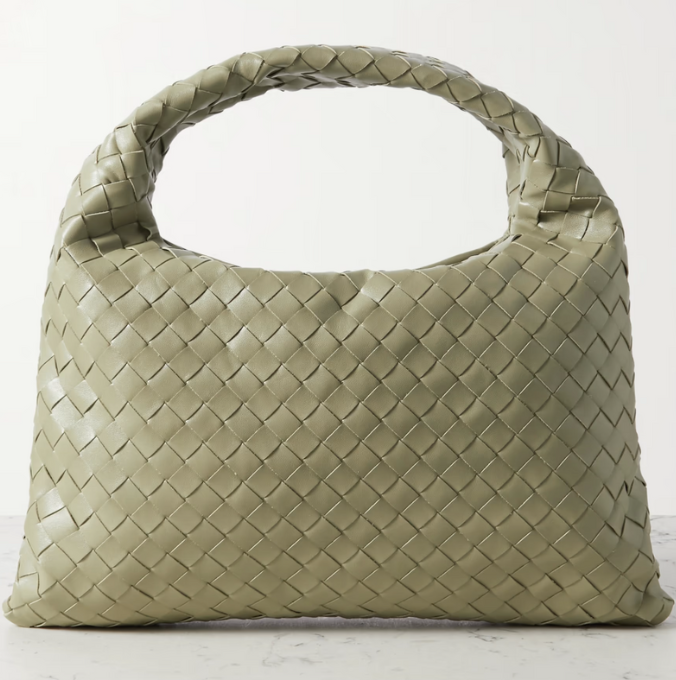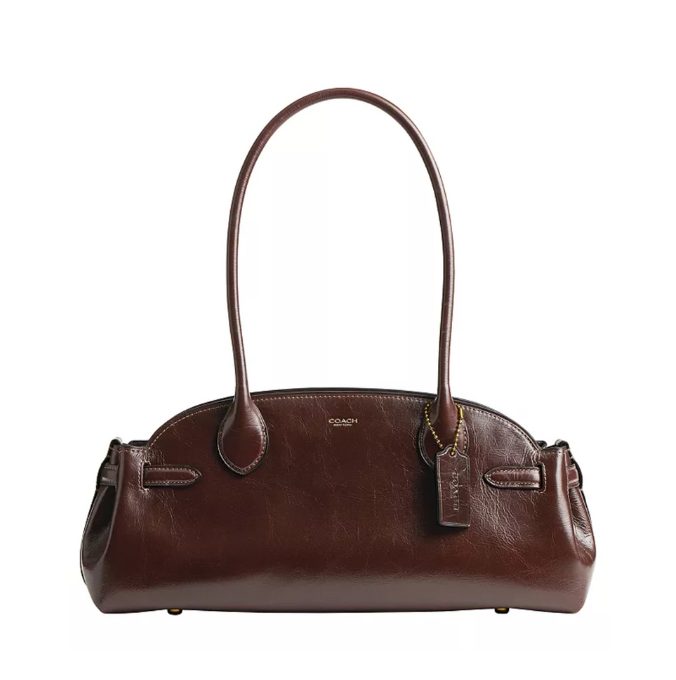
The data is clear: “Black women are paid less than white men and white women.” However, Leanne Mair has written a book called “Closing The Gap: How to Include Black Women in Any Gender Equity Strategy, which offers a solution to changing this narrative.
In this country, Black women earn over 1/3 less than white men for doing the same work, according to the American Association of University Women (AAUW). And, the burden of change is often placed on Black women, according to Mair. Her goal with the book was to “make some of the invisible barriers that Black women face in the workplace visible, but to also remove the burden of Black women having to guide organizations.”
In this book, The British Jamaican author provides a roadmap for organizations to include Black women in their career development strategies.
A longtime advocate of gender and racial equity, Mair has dedicated her career to ensuring that Black women can thrive in the workplace. A proud mother, wife, and daughter, Mair brings her full self and passions to her role as CEO and founder of the Benefactum Group. In addition, Mair is “changing the game for the next generation with The Sororum” and “creating space with the invitation-only network, Black Women Parlay.”







“I wrote my book as a roadmap to illuminate organizational blind spots, offering actionable strategies that positively improve the experiences of Black women and also create an environment for us to thrive,” Mair notes. “This is a fix-the-system book, not a fix-the-women book.”
“It is for people leaders who have Black women in their team and want to learn how to be effective. It is for business leaders who want to lead an equitable and sustainable organization, and of course, it is for Black women,” states Mair. “This book is dedicated to Black women to help navigate the workplace if their organization is not where it should be.
“In an interview with Bloomsbury, Mair disclosed how the title refers to “closing the gap in the hierarchy of women” as opposed to just between Black women and white men. Mair discussed how “exploitative femininity” can disadvantage Black women. “We recognize that feminism has not benefited Black women to the same extent as white women and exploitative femininity essentially distills how detrimental behavior hides in plain sight. While this also happens among white women, the impact on the career of Black women is more severe, and the book delves into why.”





